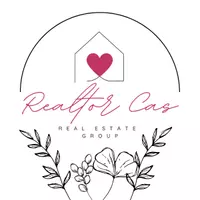What Buyers Should Know About Home Inspections in Vancouver, WA
Home Inspections in Vancouver WA: What Buyers Need to Know About Costs, Timeline & Key Tests
Thinking about buying a home in Vancouver or anywhere in Southwest Washington? One of the most critical steps in the homebuying process is getting a home inspection—but the approach here may surprise buyers coming from places like California or Texas.
In Vancouver, whole home inspections, radon tests, and sewer scope inspections are buyer responsibilities. And unlike California, where a home inspection before renovation or even before listing is common, most sellers here don’t provide one upfront. That means it’s up to you, the buyer, to schedule the home inspection—and to know what to expect.
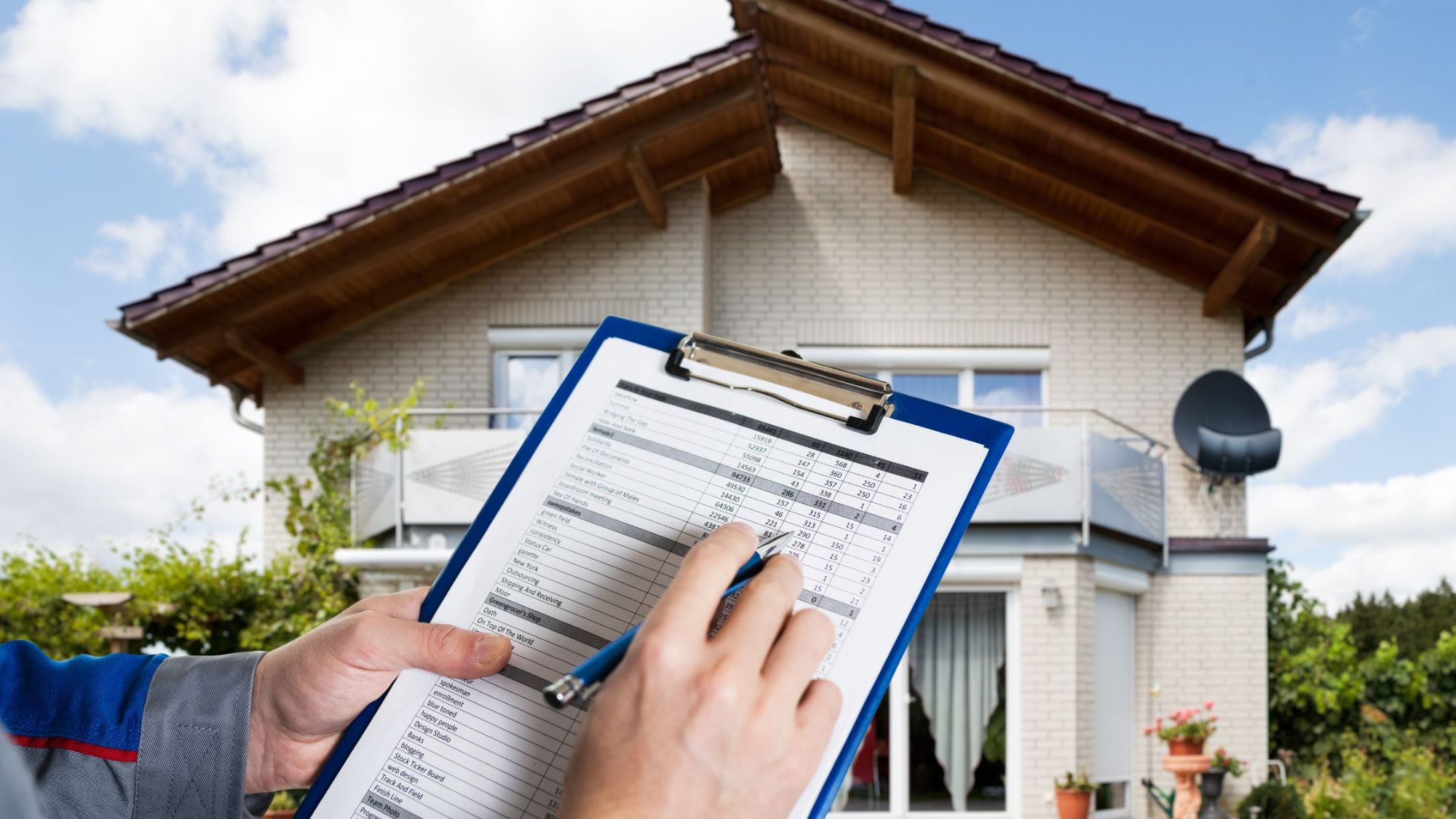
In this guide, we’ll cover:
-
What a home inspection includes
-
How much a home inspection costs in Vancouver, WA
-
How long home inspections typically take
-
Regional differences buyers should know
-
Why radon and sewer scope inspections matter in the Pacific Northwest
-
Tips to make the process easier
Let’s level up your home inspection knowledge and give you the tools to buy with confidence.
What Is a Whole Home Inspection?
A whole home inspection is a detailed visual assessment of a home’s structure, systems, and components. It’s typically ordered by the buyer after an offer is accepted and must be completed within the inspection contingency window.
In Vancouver and the greater Clark County area, this step is even more important because sellers usually do not provide inspections before listing.
Your inspector will evaluate:
-
Roofing and attic
-
Plumbing and electrical systems
-
HVAC (heating and cooling)
-
Windows, doors, and insulation
-
Foundation and crawlspace
-
Appliances (in some cases)
You’ll receive a detailed inspection report that can help you renegotiate the purchase, request repairs, or walk away from the deal if serious issues are discovered.
How Much Does a Home Inspection Cost?
Wondering how much is a home inspection in Vancouver, WA? Here's what to expect:
-
Whole home inspection: $500 – $800
-
Radon test: $150 – $250
-
Sewer scope inspection: $150 – $300
Some companies offer bundled services, so ask your real estate agent for a referral to trusted local providers like Uptown home Inspection or details home inspection if you’re unsure where to start.
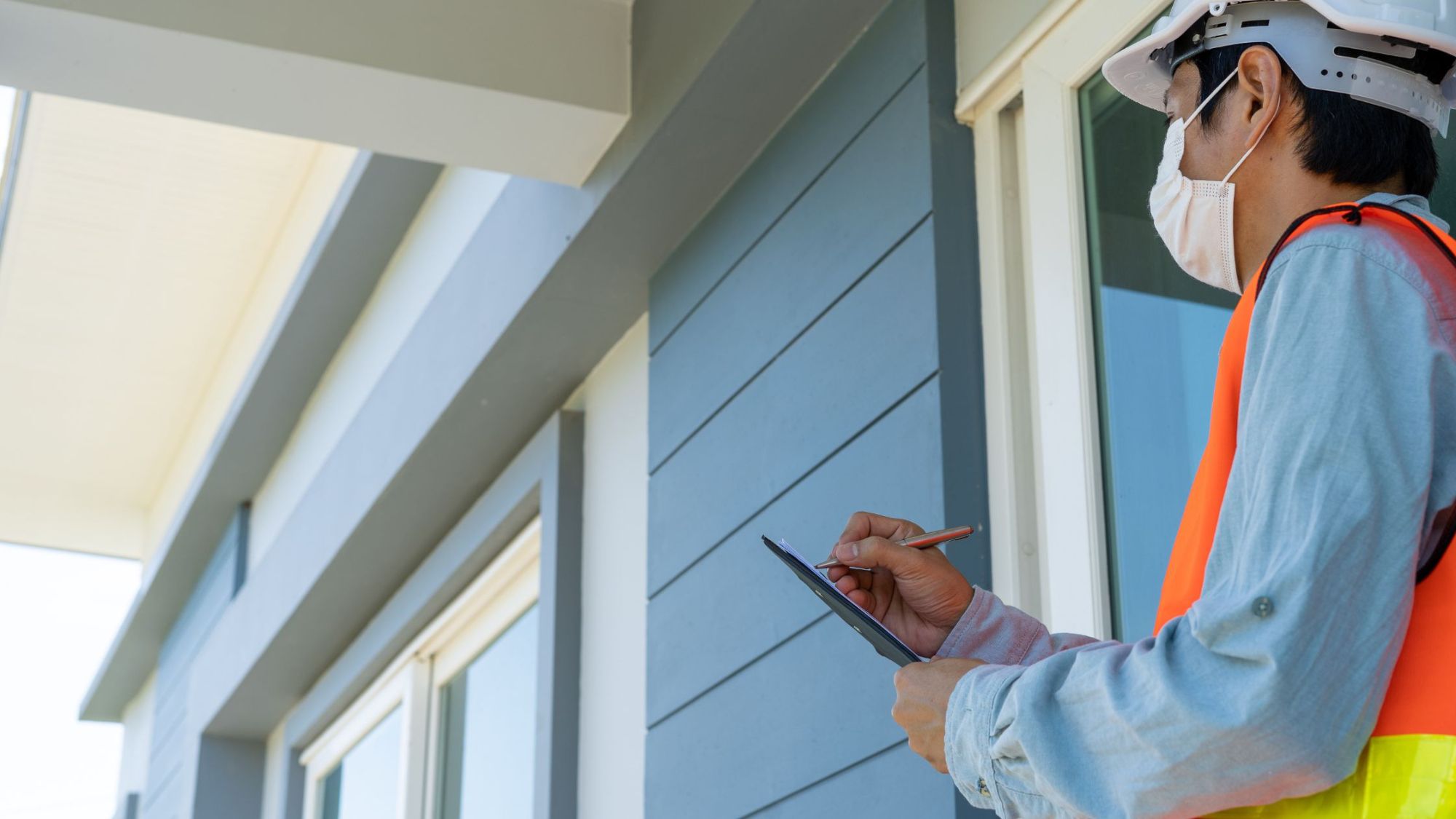
How Long Do Home Inspections Typically Take?
Another common question: how long does it take for a home inspection? On average, most inspections take:
-
2.5 to 3.5 hours for a standard single-family home
-
Add 30–60 minutes for additional inspections like sewer
- Radon takes 48 hours so the inspector will have to come back and pick up the monitor
-
You should schedule your inspection within 1–3 days after going under contract
How long should a home inspection take depends on the size and condition of the home—but rushing isn’t ideal. A thorough inspection is worth the time investment.
Vancouver vs. Other States: What’s Not Typical
If you’re relocating from California or Texas, the inspection process in Southwest Washington may look a little different.
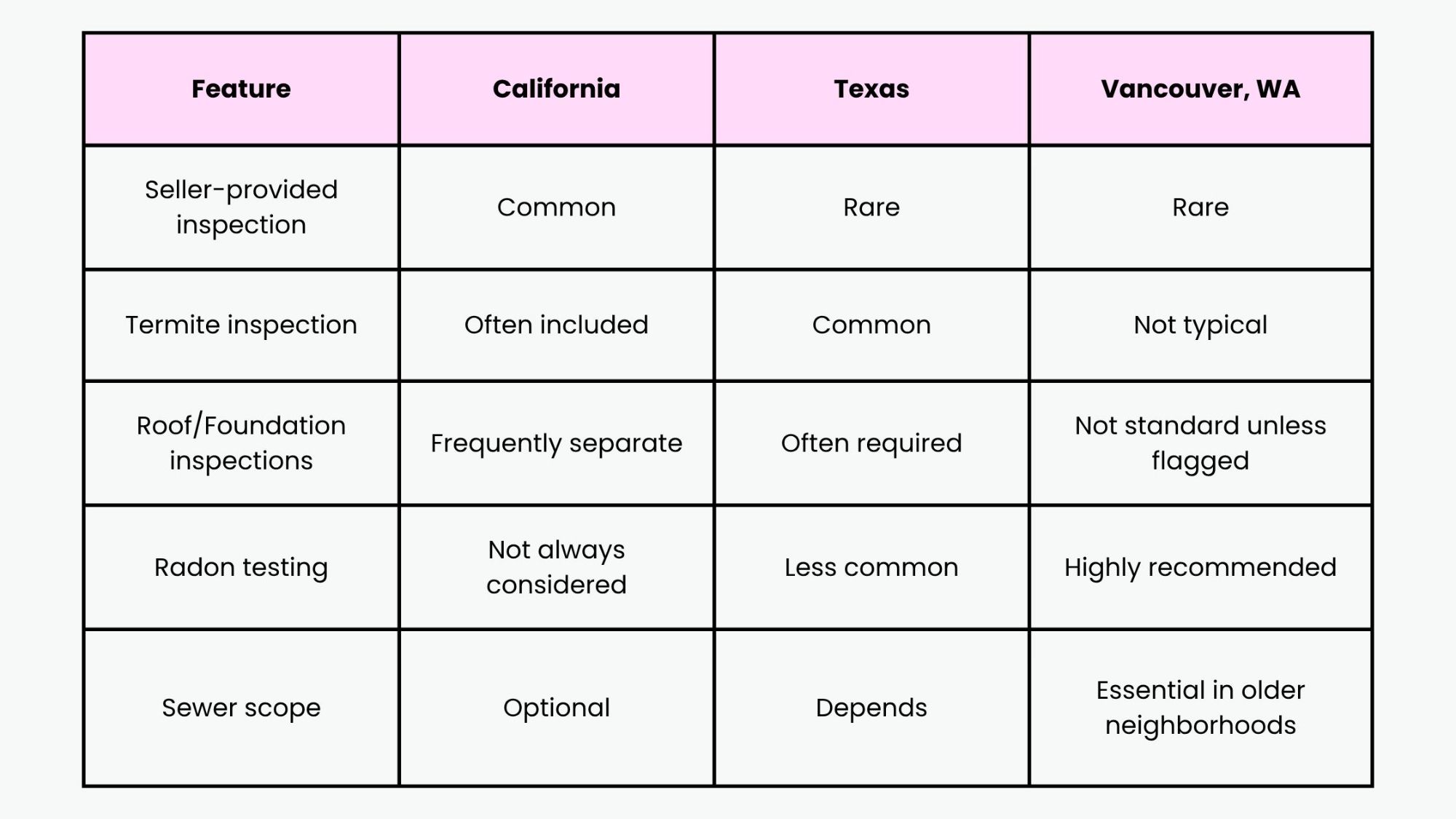
So if you're buying in Vancouver, don’t assume you’ll receive a pre-sale home inspection or that you'll be told to scope the sewer. That's your job—and your investment protection.
The 3 Most Important Inspections in Vancouver, WA
1. Whole Home Inspection
This is your baseline. It uncovers major and minor issues that could affect safety, function, or value. Inspectors are trained to spot warning signs and will often recommend specialists for areas of concern.
✅ Pro Tip: If you're planning a home inspection before renovation, this is your first step. You want to know what you're working with before you knock down walls or invest in upgrades.
2. Sewer Scope Inspection
Especially important for homes built before 1980 or homes with lots of mature trees. Tree roots and aging pipes can cause blockages or backups—repairs that can run into the thousands.
A sewer scope uses a small camera to inspect the main sewer line from the house to the street. Highly recommended for buyers and not included in most whole home inspections.
Don’t assume just because you’re purchasing new construction that the sewer line is in good condition. You need a sewer scope on new construction as well because if you purchased the home and the sewer line is crushed when you close and you have not done the sewer scope it is your responsibility to fix it not the builders.
3. Radon Test
Radon is a naturally occurring gas that can seep into homes from the ground. It’s odorless and tasteless—but dangerous at elevated levels. The EPA recommends testing, especially in states like Washington where radon is a known risk.
Some home inspectors can add radon testing to your package. If elevated levels are found, mitigation systems are available and can be installed before closing.
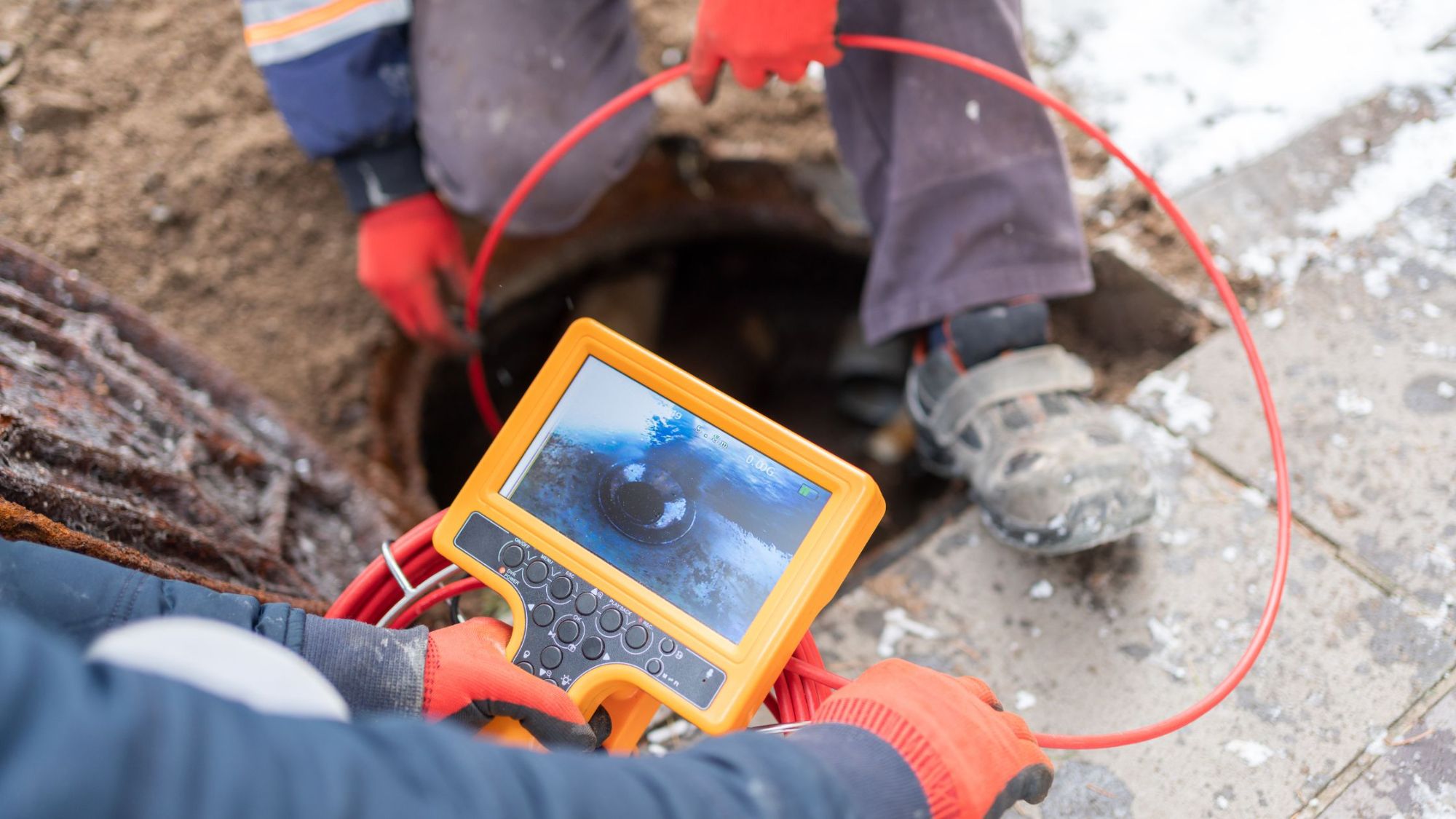 Sewer Scope Inspection
Sewer Scope Inspection
Do You Need a Home Inspection Contract?
Yes. Before the inspector gets started, you’ll typically sign a home inspection contract outlining:
-
Scope of the inspection
-
Services provided
-
Limitations of liability
-
Inspection date and access instructions
Your agent or inspector will walk you through this. It’s a simple step but ensures expectations are clear on both sides.
Final Thoughts: Don’t Skip the Home Inspections!
Here in Southwest Washington, the weather, terrain, and age of homes all impact long-term performance and maintenance. Even in competitive markets, it’s never a good idea to waive inspections unless you’re buying new construction and understand the risks.
Remember:
-
Schedule your inspections early (within 1–3 days of your offer being accepted)
-
Budget for a full inspection package ($700–$1500 total depending on add-ons)
-
Use the results to negotiate fairly or plan your next steps
Whether you're a first-time buyer or relocating from out of state, understanding the home inspection process in Vancouver, WA helps you protect your investment—and your peace of mind.
Want to know more about how the inspection process works when you’re buying a home in the Pacific Northwest?
📩 Let’s connect. I’ll help you navigate inspections, timelines, referrals, and everything in between—so you can buy with confidence in Southwest Washington.
Sign up for my monthly newsletter to receive expert advice, important local updates, and insider knowledge on the best ways to thrive in this unique region. Whether you're buying, selling, or simply curious about life in the Pacific Northwest, I've got you covered.
👉 Join my newsletter today and never miss a beat! Just enter your email below and get exclusive access to all things Southwest Washington. Let’s stay connected!
Frequently Asked Questions
What is the biggest red flag in a home inspection?
Major structural issues, such as foundation cracks or roof damage, are among the biggest red flags. These can be costly to repair and may indicate deeper, hidden problems. Always take structural concerns seriously—they can impact the safety and value of the home.
What to expect with a home inspection?
A home inspector will evaluate the home’s structure, systems, and major components like the roof, HVAC, plumbing, and electrical. It usually takes 2–4 hours depending on the size of the home. Afterward, you’ll receive a detailed report outlining any issues found.
What is a deal breaker in a home inspection?
Deal breakers include serious safety issues like mold, electrical hazards, or foundation failure. These problems can be costly and affect your ability to get financing or insurance. While some buyers will still move forward, others walk away if repairs seem overwhelming.
How to negotiate a bad home inspection?
You can ask the seller to fix the issues, offer a credit at closing, or reduce the price. Provide quotes or estimates to support your request. Keep your tone cooperative—most sellers want the deal to work too.
Are home inspections really worth it?
Absolutely! A home inspection helps you avoid unexpected repair costs and gives you peace of mind. It’s one of the smartest investments you can make during the buying process.
Will a seller pay for a home inspection?
Typically, the buyer pays for the home inspection as part of their due diligence. However, in some cases—especially in new construction—the seller may provide one. It's always negotiable, but don’t count on it.
How much does a home inspection cost per hour?
Most inspectors charge a flat fee based on the size and age of the home, not by the hour. However, it roughly breaks down to about $100–$150 per hour. Total costs usually range from $300 to $600+.
Do home inspectors go in closets?
Yes, inspectors usually check closets to evaluate walls, ceilings, and sometimes access points to attics or crawl spaces. However, if the closet is overly cluttered, they might not be able to inspect it thoroughly. It’s a good idea to clear them out ahead of time.
Does a home inspector check appliances?
Yes—most inspectors will test major built-in appliances like the stove, oven, and dishwasher. They check if they operate properly but won’t do a deep diagnostic. Freestanding or secondary appliances may not be included unless specified.
How do you pass a home inspection?
A seller can “pass” a home inspection by addressing known issues in advance—like fixing leaks or servicing HVAC systems. Clean, declutter, and make sure all utilities are on for a smooth process. Ultimately, it’s about showing the home is safe and well-maintained.
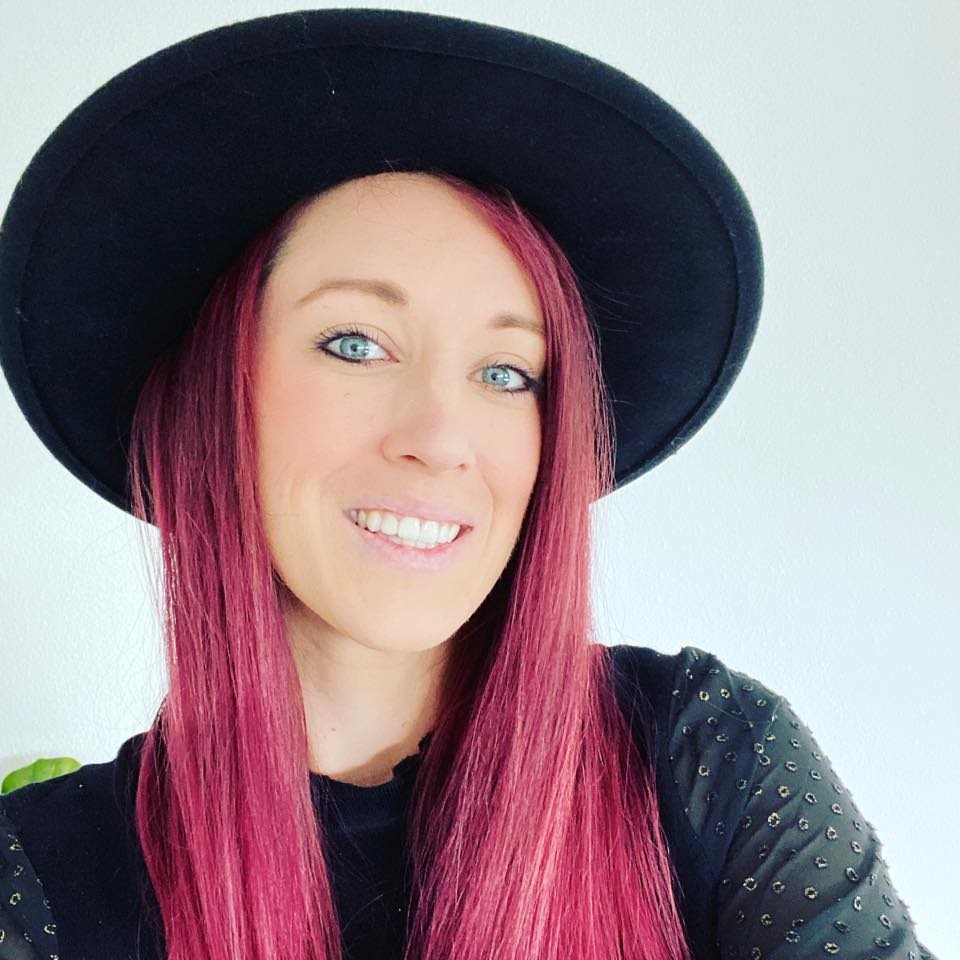
REALTOR® · REAL Broker · Licensed in WA & OR
⭐ 5.0 Rating | 44 Google Reviews | 105 Homes Sold | $55.7M in Sales
Categories
Recent Posts

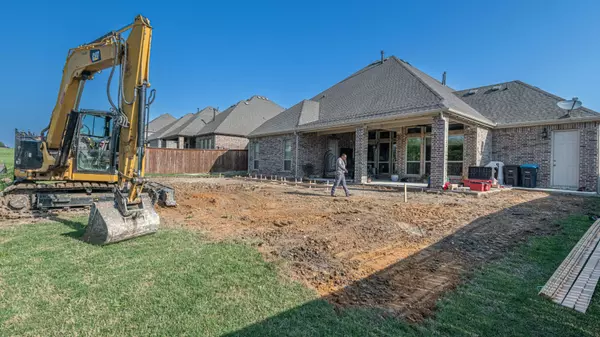

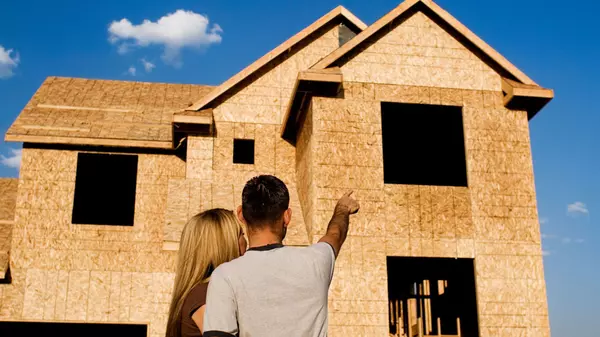

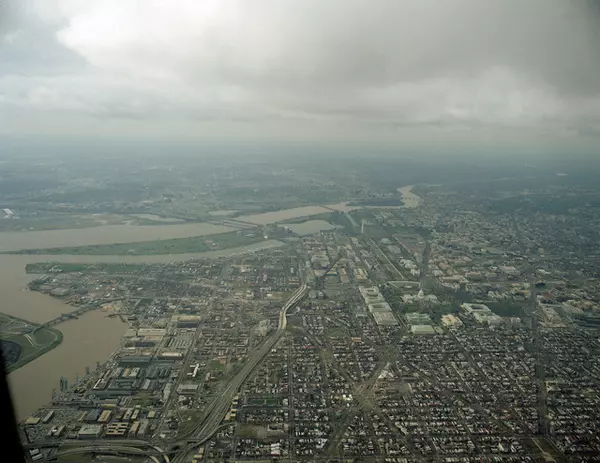
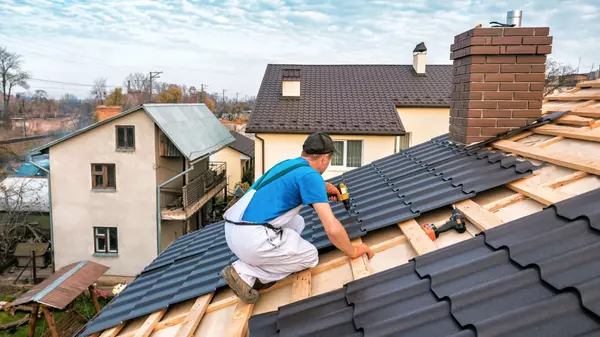


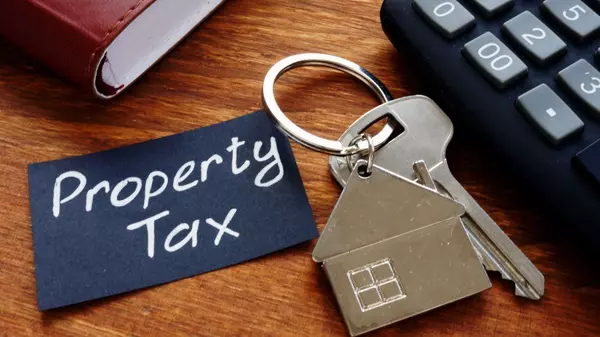
GET MORE INFORMATION

Cassandra Marks
Realtor, Licensed in OR & WA | License ID: 201225764
Realtor, Licensed in OR & WA License ID: 201225764
